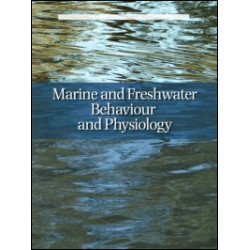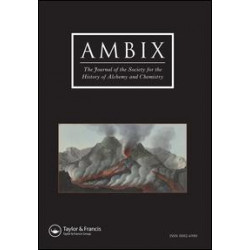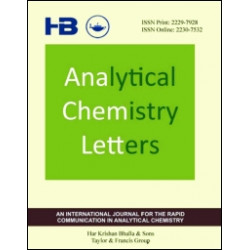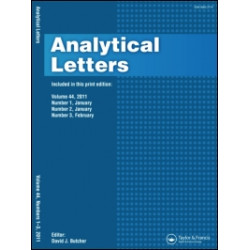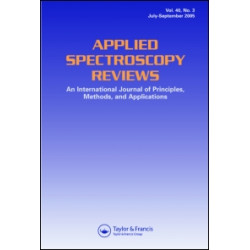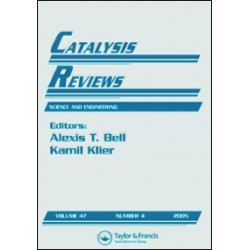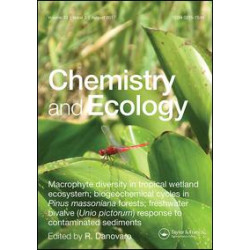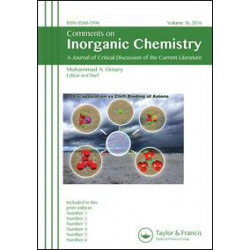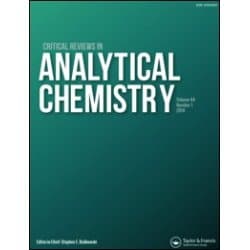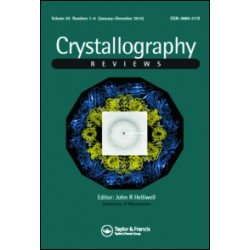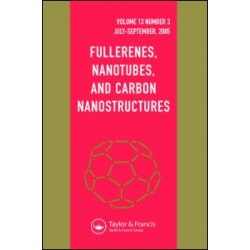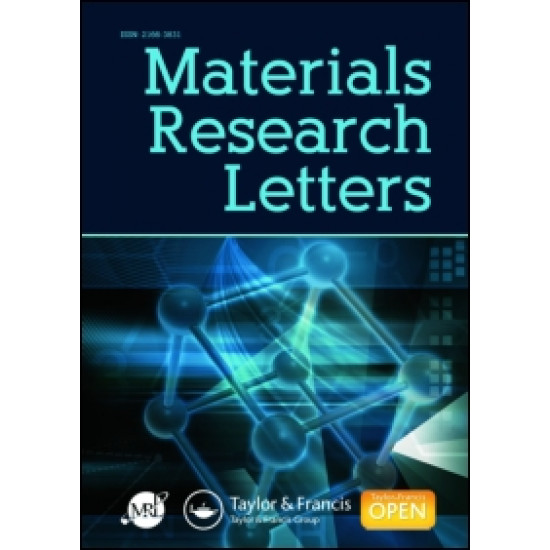
MRL is a high impact, fast communication letters journal for the materials research community, by the materials research community.
High quality articles will be selected for publication based on novelty, significance, and potential impact of the reported results. Subjects of interest for publication in MRL include, but are not limited to:
- structural materials (metals, ceramics, polymers, composite)
- energy materials (solar energy, batteries, fuel cells, supercapacitors, hydrogen storage, nuclear energy)
- functional materials (electronic, delectric, ferroic, magnetic, optical)
- low dimensional materials (sheets, tubes, wires, ribbons)
An Original Report paper should address at least one of the following:
- Breakthroughs in materials science
- Novel materials with unprecedented properties and/or enhanced functionalities
- New developments in materials characterization
- Innovative synthesis & processing
- Topical computational materials science and materials informatics
Why submit to MRL?
- Broad dissemination of high-impact findings
- Rapid, rigorous reviews
- Open access, with low publication fees
The Journal publishes Original Letters, invited Perspective Pieces that present provocative and visionary opinions and views, and invited Brief Overviews of critical issues. See the Instructions for Authors for more information on how to submit.
To cover the cost of Open Access publishing, Materials Research Letters charges an article processing charge (APC) for all accepted articles. The standard APC is US$1000 / £770 / €885. However, for a limited time only Taylor & Francis is offering a discounted rate of US$700 / £540 / €620 on all submissions.
There are no charges for submission.
Peer Review Policy
All submitted manuscripts are subject to initial appraisal by the Editors. If found suitable for further consideration, papers are subject to peer review by independent, anonymous expert referees. All peer review is single blind and submissions can be made online via ScholarOne Manuscripts.
Publishing Ethics
The Journal adheres to the highest standards of publishing ethics, with rigorous processes in place to ensure this is achieved. Taylor & Francis is a member of Committee of Publications Ethics (COPE) and utilizes CrossRef for all Journals. More information on our ethical standards and policies can be found here.






